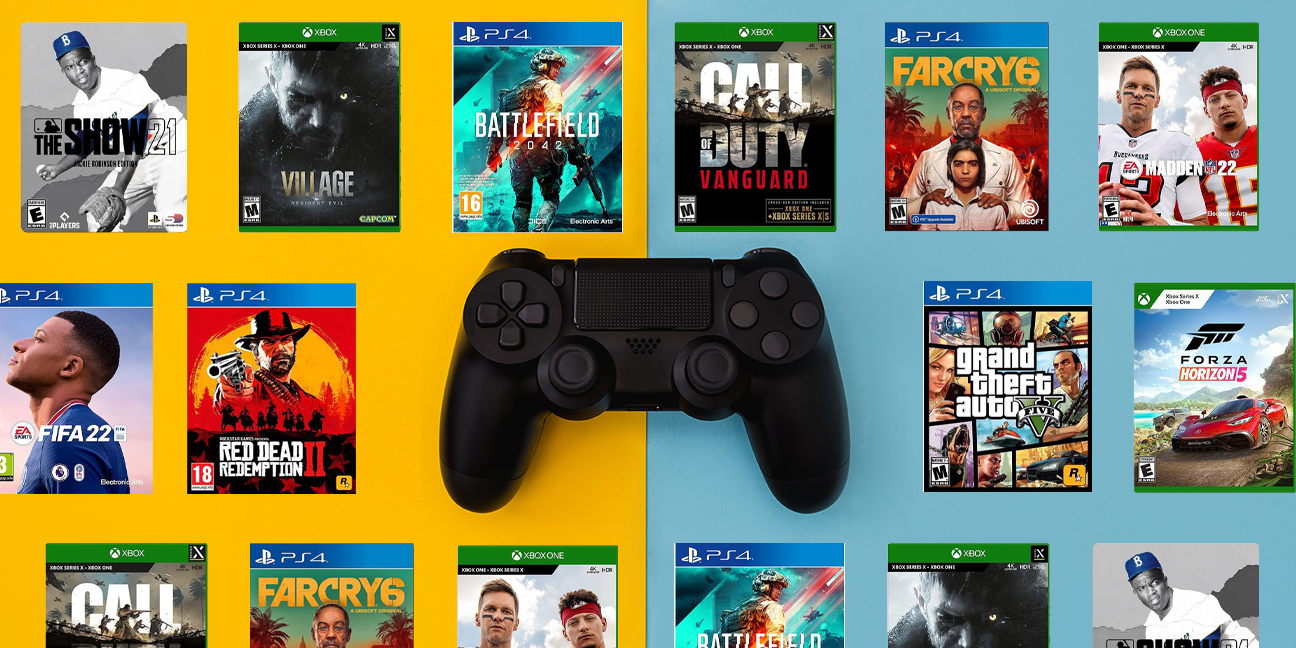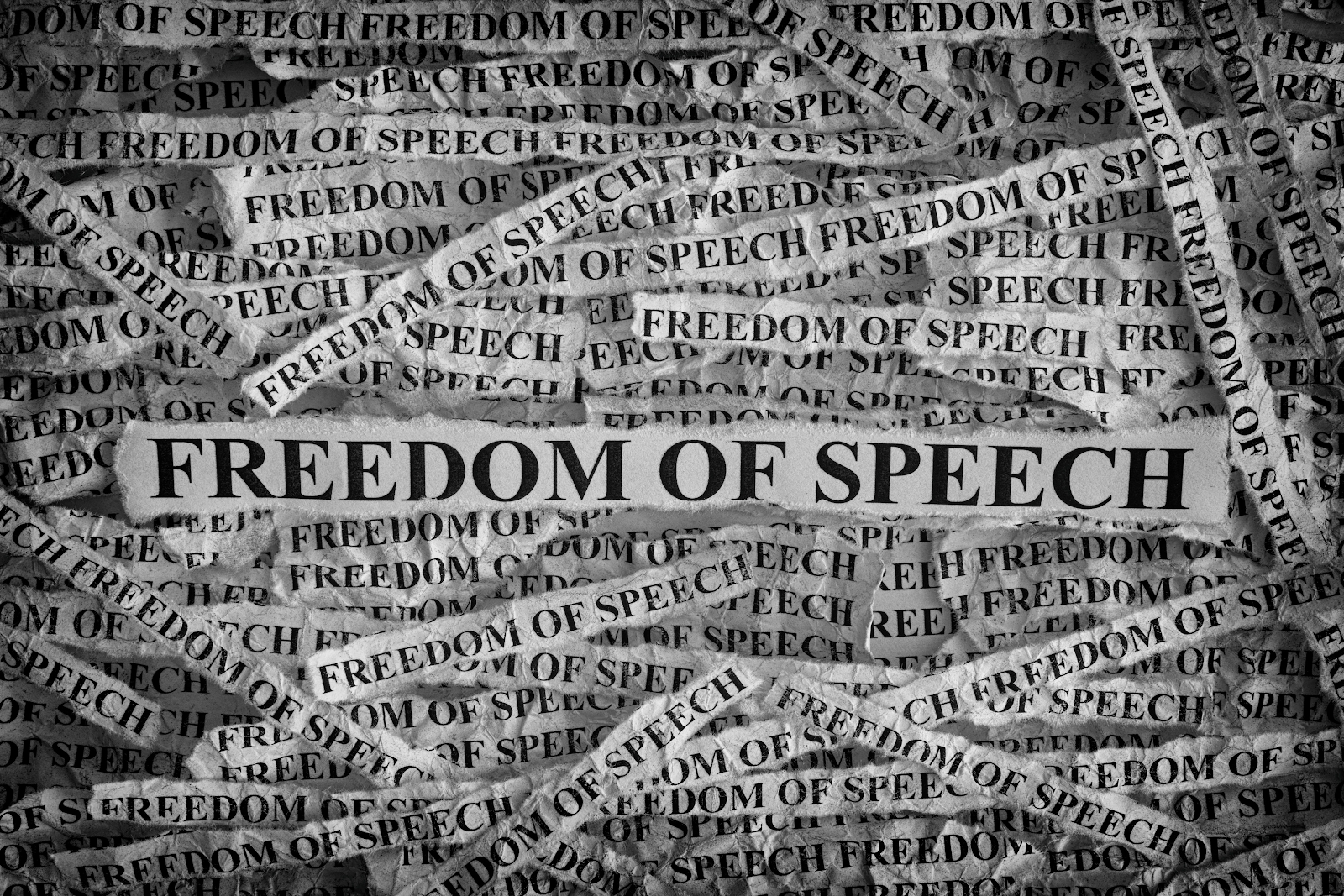The good, the bad, and the ugly. There's really no better way of describing our relationship with technology. It has helped us in accomplishing so much. We have begun to advance at such a rapid rate that it almost feels unreal. On the other hand, the bad. Technology has hurt us before and it will do so again and again. Sometimes this hurt is just us becoming lazy, other times it is the disconnected-connected social media world we experience everyday. And lastly, the ugly side of technology. It lives right under our noses, but we choose to look past it every chance that we get. We don't like confronting it because it makes us feel uncomfortable. We love our technology, and rightfully so, for it is a great thing. This great thing that we love does come with its ugly traits that we have to acknowledge. The ugly side of technology is that sometimes it ruins people's lives. Sometimes people are hurt in ways that could never happen outside of that virtual space. Sometimes people find themselves lost inside of their technology and become disconnected from reality and from those that are right next to them. As Professor Smith himself pointed out, youth suicide rates are rising. When people's troubles follow them wherever they go, it weighs on them. So yeah, there's definitely the good, the bad, and the ugly, and we have to face all of it.
Now after all that, you're probably wondering why there is a picture of Harvey Weinstein in this blog post. What does he have to do with any of this? Well I would like to go more specifically into the good, the bad, and the ugly of technology. Harvey Weinstein was, what I would consider, patient zero for the Me Too movement. He was the first one to fall, and rightfully so, in this wave of cancelling and/or punishing people who have "gotten away with it" for too long. He hurt many people, most of them being women, and finally it caught up to him. Granted, this only really happened because of the brave women who came out and spoke against him, but technology surely helped in this fight. Their messages were broadcast to a world and before you knew it, Harvey Weinstein was imprisoned. This is what I would consider the good of this tech-assisted movement.
Now, onto The Good, The Bad, and The Ugly All-In-One Extravaganza! If you haven't at least heard about the Johnny Depp v. Amber Heard trial, then you have been nearly living under a rock. It seems to be everywhere at the moment, and it encapsulates all aspects of technology. This is where social media can spread people's personal lives like its the news, oh wait, because it is now! Now yes, I do understand that this is somewhat the nature of being a celebrity, but this trial is something personal to both people involved. It has nearly ruined Depp's Hollywood career and has left Amber Heard generally disliked by the people. Personally, I would call that both bad and ugly. Although an ugly trial, there are good sides to this circus show. This trial's social media presence has been one that has allowed Johnny Depp to share to the world that men can be victims of domestic violence as well. On top of that, it seems that the entire world is supporting him in this endeavor. This trial has really shed light on the tragic truth of domestic violence and ugly relationships, it goes both ways. Technology has also been used within the trial itself multiple times. Recordings of their fights and other pieces of evidence were captured with the use of modern technology.
Technology can be a great thing, and I do believe that overall it is, but we have to be careful of how we use it and how we indulge in it. Too much of it, and you'll most likely disconnect from the real world. Too little of it, and you're not taking advantage of its beautiful advantages. We all have to find that sweet middle ground where we enjoy what it has to offer, without it dragging us to the bottom.






















